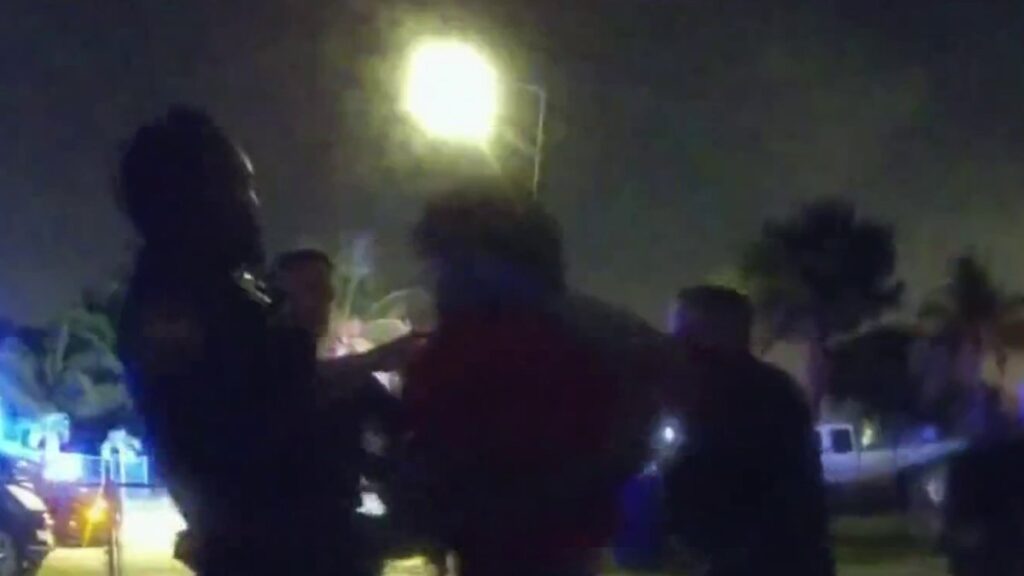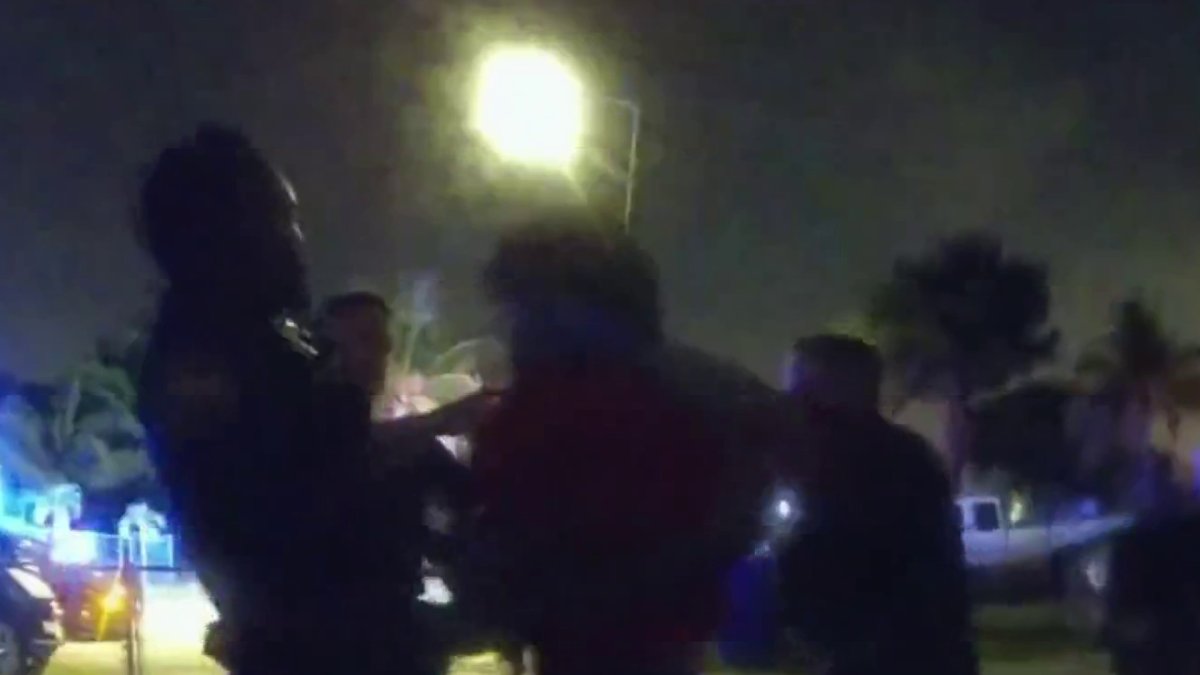
BSO Arrest Search: Understanding Your Rights and Accessing Information
Navigating the legal system can be daunting, especially when dealing with arrests and public records. In Broward County, Florida, the Broward Sheriff’s Office (BSO) plays a crucial role in law enforcement, and understanding how to conduct a BSO arrest search is essential for both legal professionals and concerned citizens. This article provides a comprehensive overview of BSO arrest search procedures, your rights, and the types of information you can access.
What is a BSO Arrest Search?
A BSO arrest search is the process of accessing public records maintained by the Broward Sheriff’s Office to determine if an individual has been arrested in Broward County. These records can provide valuable information, including the arrest date, charges, booking details, and sometimes even mugshots. Understanding how to effectively conduct a BSO arrest search is crucial for various reasons, such as background checks, legal research, or simply staying informed about your community.
Why Conduct a BSO Arrest Search?
There are several reasons why someone might want to perform a BSO arrest search:
- Background Checks: Employers, landlords, and volunteer organizations often conduct background checks to ensure the safety and security of their environment. A BSO arrest search can reveal if a potential candidate has a criminal history in Broward County.
- Legal Research: Attorneys and legal professionals use BSO arrest search data to build cases, investigate leads, and gather evidence.
- Personal Safety: Individuals might want to check the arrest records of neighbors, acquaintances, or individuals they interact with regularly to assess potential risks.
- Journalistic Purposes: Journalists and reporters use BSO arrest search data to report on crime trends, public safety issues, and legal proceedings.
- Staying Informed: Concerned citizens may want to stay informed about crime and arrests in their community.
Methods for Conducting a BSO Arrest Search
Several methods are available for conducting a BSO arrest search, each with its own advantages and limitations.
Online BSO Arrest Search
The most convenient way to perform a BSO arrest search is through the Broward Sheriff’s Office official website. The BSO typically provides an online portal where you can search for arrest records by name, date, or other identifying information. This method offers quick access to information and can be done from the comfort of your own home. However, the information available online might be limited, and there may be a delay in updating the records.
Public Records Request
You can also submit a formal public records request to the Broward Sheriff’s Office. This method allows you to request specific information that might not be available online. To submit a public records request, you typically need to provide a detailed description of the information you are seeking and may be required to pay a fee. The BSO is obligated to respond to your request within a reasonable timeframe, but the processing time can vary depending on the complexity of the request.
Third-Party Websites
Numerous third-party websites offer BSO arrest search services. These websites often aggregate data from various sources, including public records, and provide a comprehensive search platform. However, it’s important to exercise caution when using third-party websites, as the accuracy and reliability of the information may vary. Some websites may also charge a fee for access to their search services. Always verify the information obtained from third-party websites with official sources before making any decisions based on the data.
Understanding the Information Available in a BSO Arrest Record
A BSO arrest search can reveal a variety of information about an individual’s arrest, including:
- Arrest Date: The date on which the individual was arrested.
- Arresting Agency: The law enforcement agency that made the arrest (in this case, likely the BSO).
- Charges: The specific criminal charges for which the individual was arrested.
- Booking Details: Information about the booking process, such as the date and time of booking, the location of the detention facility, and the individual’s booking number.
- Personal Information: The individual’s name, date of birth, address, and other identifying information.
- Mugshot: A photograph of the individual taken at the time of booking.
- Court Information: Information about the individual’s court appearances, including the date, time, and location of hearings.
- Disposition: The outcome of the case, such as a conviction, acquittal, or dismissal.
Your Rights When Dealing with Arrest Records
It’s important to understand your rights when dealing with arrest records. Under the law, arrest records are generally considered public information, meaning that anyone can access them. However, there are certain exceptions to this rule. For example, juvenile arrest records are typically confidential and not accessible to the public. Additionally, certain types of information, such as the addresses of victims of domestic violence, may be redacted from public records to protect their safety.
You also have the right to challenge the accuracy of your own arrest record. If you believe that your arrest record contains errors, you can petition the court to have the record corrected. It’s also important to be aware of laws regarding the use of arrest records in employment decisions. In some cases, employers are prohibited from discriminating against individuals based on their arrest records, especially if the arrest did not lead to a conviction.
Limitations of BSO Arrest Searches
While a BSO arrest search can be a valuable tool, it’s important to be aware of its limitations:
- Incomplete Information: The information available in an arrest record may not be complete. For example, the record may not include information about the disposition of the case.
- Accuracy: The accuracy of arrest records can vary. Errors can occur due to data entry mistakes or other factors.
- Timeliness: There may be a delay in updating arrest records. This means that the information available online may not be current.
- Jurisdictional Limitations: A BSO arrest search only provides information about arrests made in Broward County. It does not provide information about arrests made in other jurisdictions.
Ethical Considerations
When conducting a BSO arrest search, it’s important to consider the ethical implications of accessing and using this information. Avoid using arrest records to discriminate against individuals or to spread false or misleading information. Remember that an arrest is not a conviction, and individuals are presumed innocent until proven guilty in a court of law. Use the information responsibly and ethically, and always verify the accuracy of the data before drawing any conclusions.
Case Studies and Examples
To illustrate the practical applications of a BSO arrest search, consider the following scenarios:
- Scenario 1: A landlord is considering renting an apartment to a potential tenant. The landlord conducts a BSO arrest search and discovers that the tenant has a prior arrest for property damage. Based on this information, the landlord decides not to rent the apartment to the tenant.
- Scenario 2: An attorney is representing a client who has been charged with a crime. The attorney conducts a BSO arrest search to gather information about the arresting officer’s history. The attorney discovers that the officer has a history of making false arrests. This information could be used to challenge the officer’s credibility in court.
- Scenario 3: A journalist is investigating a series of burglaries in a particular neighborhood. The journalist conducts a BSO arrest search to identify potential suspects. The journalist discovers that several individuals have been arrested for burglary in the neighborhood. This information could be used to develop a news story about the burglaries.
Future Trends in Arrest Record Access
The way we access and use arrest records is constantly evolving. With the increasing use of technology, it’s likely that BSO arrest search procedures will become even more streamlined and accessible in the future. However, this also raises concerns about privacy and data security. As technology advances, it’s important to strike a balance between the public’s right to access information and the individual’s right to privacy. [See also: Privacy Laws and Public Records]
Conclusion
A BSO arrest search is a valuable tool for accessing public records and gathering information about arrests in Broward County. By understanding the methods for conducting a BSO arrest search, your rights, and the limitations of the information, you can use this tool effectively and responsibly. Whether you are conducting a background check, performing legal research, or simply staying informed about your community, a BSO arrest search can provide valuable insights into the legal system and the individuals who interact with it. Remember to always verify the information you obtain from any source with official records and to use the information ethically and responsibly. Understanding the importance of a BSO arrest search empowers you to make informed decisions and navigate the complexities of public information.
Conducting a thorough BSO arrest search can provide peace of mind, clarity, and the necessary information for informed decision-making. From understanding the charges to the disposition of a case, the data retrieved from a BSO arrest search is invaluable. The ability to access this information is a cornerstone of transparency and accountability within our legal system. A BSO arrest search, when used responsibly, contributes to a safer and more informed community.
Ultimately, a BSO arrest search is more than just a data retrieval process; it’s a gateway to understanding the intricacies of our legal system and the importance of informed citizenship. By leveraging the tools and knowledge provided in this article, you can confidently navigate the world of public records and make informed decisions based on accurate and reliable information from your BSO arrest search.

